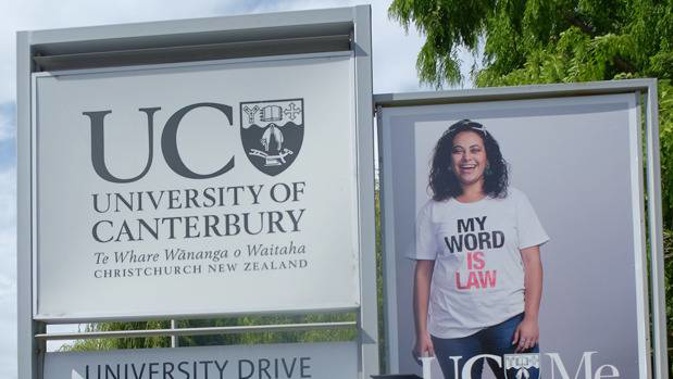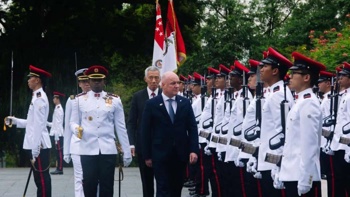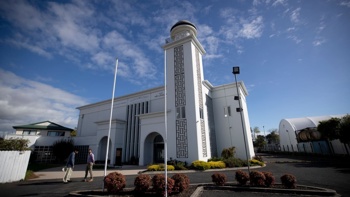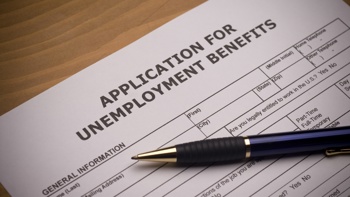
Electronic surveillance specialists from the Security Intelligence Service have carried out a search for listening devices at the University of Canterbury office of the professor revealed to be a possible target of Chinese espionage.
News of the sweep, confirmed by several university staff, comes as academic colleagues of Anne-Marie Brady came out in support of the China specialist who has suffered a string of break-ins she claims are in direct response to her work exposing China's influence campaign in New Zealand.
The Herald understands a similar search for bugs by the Security Intelligence Service (NZSIS) has also been conducted at Brady's Christchurch home, the site of another suspicious burglary being investigated by authorities.
/arc-anglerfish-syd-prod-nzme.s3.amazonaws.com/public/I3E52QA3FRAX7AF65BGVHRHQSI.jpg) University of Canterbury professor Anne-Marie Brady has gained the repeated attentions of burglars since publishing a report detailing China's influence campaign in New Zealand. Photo / Kaveh Sardari
University of Canterbury professor Anne-Marie Brady has gained the repeated attentions of burglars since publishing a report detailing China's influence campaign in New Zealand. Photo / Kaveh SardariNanette Cormack, deputy secretary for the Tertiary Education Union (TEU), said the break-ins were a tangible threat to academic freedom and she understood both police and the University of Canterbury were taking them "very seriously".
She said academics often faced pressures over their research, but of a softer nature from business and political lobby groups, and the Brady case had no obvious domestic parallel.
"Obviously the Rainbow Warrior comes to mind, in terms of another country coming to New Zealand and breaking laws to try and stop something they don't like."
In 1985 French agents blew up the Greenpeace vessel in Auckland harbour, killing photographer Fernando Pereira, in a bid to hamstring protests against its nuclear weapons testing in the Pacific.
Over the weekend a Herald investigation broke news the unusual February 14 burglary of Brady's home - targeting electronic devices but ignoring cash and jewelry - and earlier incursions into her office, had sparked a seven-month and still-ongoing police investigation that now involved Interpol and the NZSIS.
Interpol involvement suggests the investigation is now looking overseas, while the NZSIS are tasked with protecting national security, prompting concerns the break-ins could be a case of foreign espionage.
Following questions, including whether the bug sweeps had found any listening devices or who they belonged to, a spokesperson for the security agency repeated comments given earlier in the saga.
"The NZSIS has a long standing practice of not commenting on what may or may not be operational issues."
A spokesperson for the University of Canterbury said "the exercise of academic freedom is core to the role and function of the university" but was unwilling to comment on the bug-sweep or any other precautions taken a result of the break-ins.
"The University of Canterbury does not disclose details of security measures in place on campus and UC cannot comment on an ongoing police investigation."
University of Canterbury professor Jack Heineman, spokesman for Academic Freedom Aotearoa, said he had been aware of Brady's work - and the push-back against it - for several years but the break-ins seemed to represent an alarming escalation.
"I know it's taking a terrible toll on Anne-Marie," he said.
"Academics have a statutory obligation to speak truth to power. The point is, it's power you're speaking truth to. And because it's powerful it has ability to push back – legally or illegally.
"The alleged pushback here is from one of the biggest countries on earth, against a small university in a small country. When this is the potential pushback, more needs to be done than saying 'institutions should be responsible for this'."
Prime Minister Jacinda Ardern, asked about the case on Monday at her post-Cabinet press briefing, said she had yet to be briefed on whether the episode could be attributed to China.
"I have not received any further advice on that, but nor have I sought it. As it were, nothing has since been raised with me to suggest that it was, or wasn't," she said.
"Speaking more generally, what the underlying suggestion here is of foreign interference. I've been very, very cautious around always stipulating that New Zealand needs to be live to general issues of interference, and that's something we keep a watching brief on."
Take your Radio, Podcasts and Music with you









